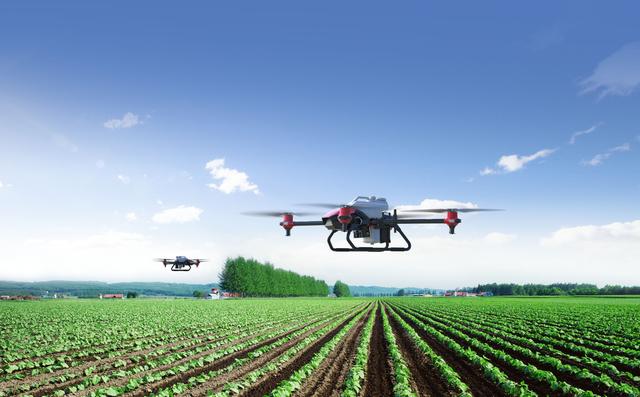The use of drones in agriculture has been rapidly increasing in recent years. Agricultural drones, also known as ag-drones, are capable of helping farmers manage crops more effectively by providing them with detailed insights into their farms.
One major benefit of agricultural drones is that they can cover large areas in a relatively short amount of time compared to traditional farming methods. With the ability to fly over vast tracts of farmland and gather meaningful data on crop health and growth patterns, farmers can save valuable time and resources while optimizing their crop yields.
One important feature of ag-drones is their sensors, which can collect images and information about crop conditions including yield, growth rate, and stress levels. This data can then be used to create precise maps of crops and provide farmers with accurate assessments of potential issues like nutrient deficiencies or pest infestations. This knowledge allows farmers to take proactive measures to address these issues faster and more efficiently.
Another advantage of ag-drones is their ability to monitor soil moisture content, which is critical for healthy crop growth. By analyzing the data collected by drones, farmers can optimize their irrigation schedules and ensure that their crops receive an adequate supply of water without wasting resources.
Apart from monitoring crop health, drones can also help in the management and maintenance of livestock. By flying over grazing land, drones equipped with thermal cameras can help detect heat signatures, allowing farmers to locate and track their animals more easily.
Despite the many benefits of agricultural drones, there are some challenges that farmers need to be aware of when using this technology. For example, drone flights may need to be planned carefully to avoid disturbing wildlife or to adhere to airspace rules and regulations. In addition, obtaining adequate training and certification to operate agricultural drones safely and legally is essential.
Overall, the use of agricultural drones has enormous potential in improving crop yields, optimizing farming practices, managing livestock, and reducing overall waste in the agriculture industry. As drone technology continues to improve rapidly, drones will become increasingly integrated into farming practices and allow for more efficient and sustainable agriculture management.







Please sign in to comment
register